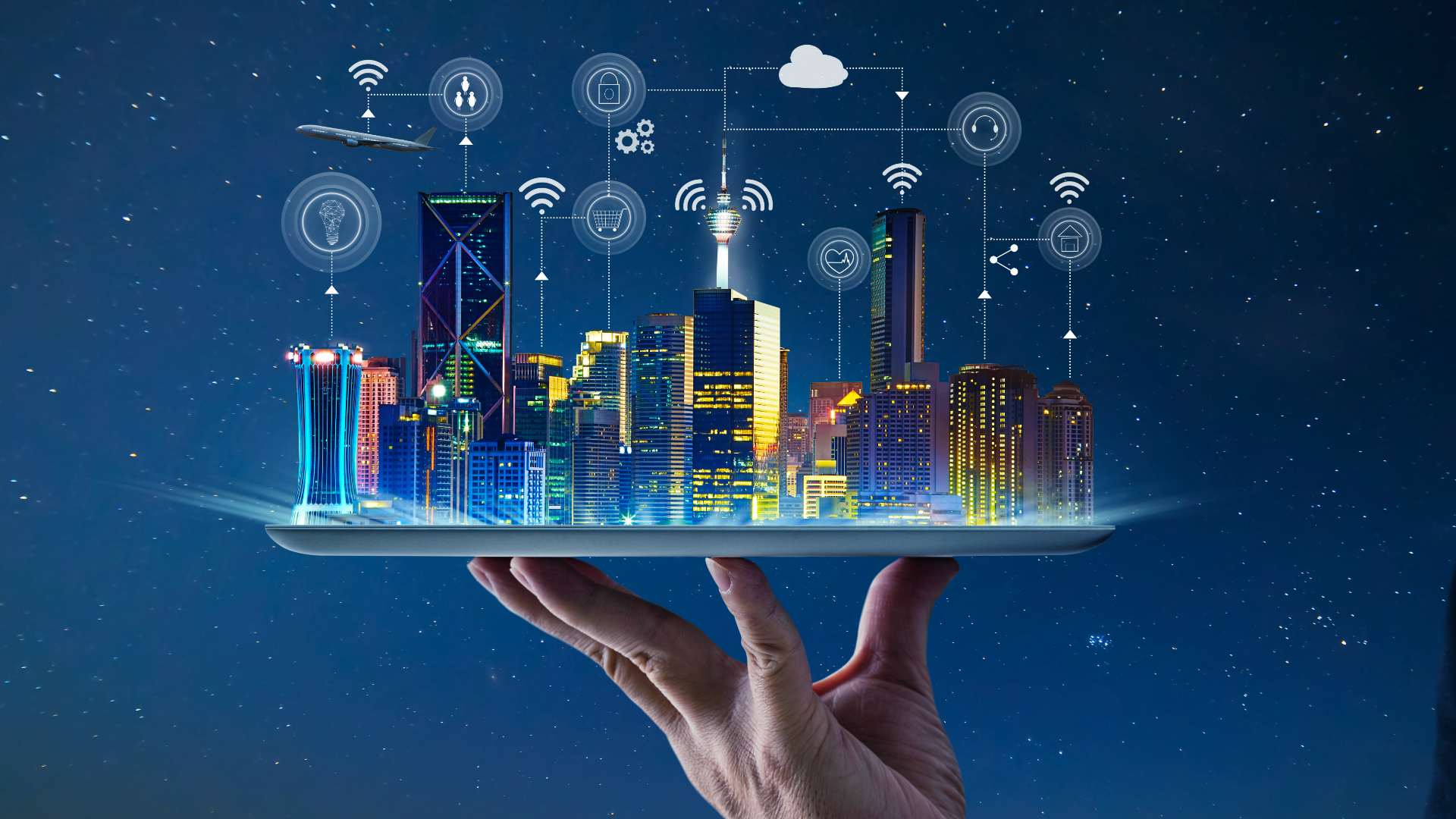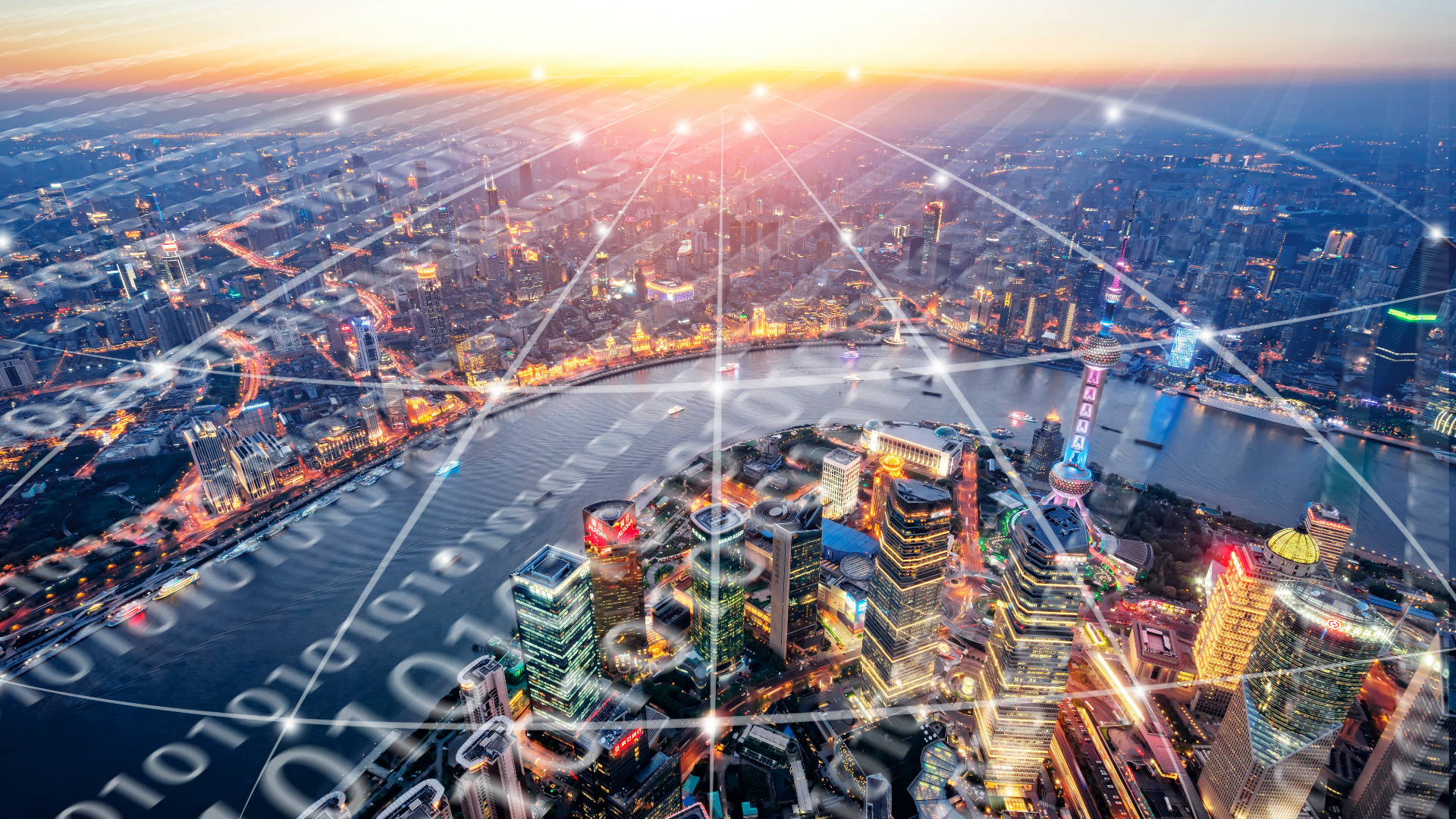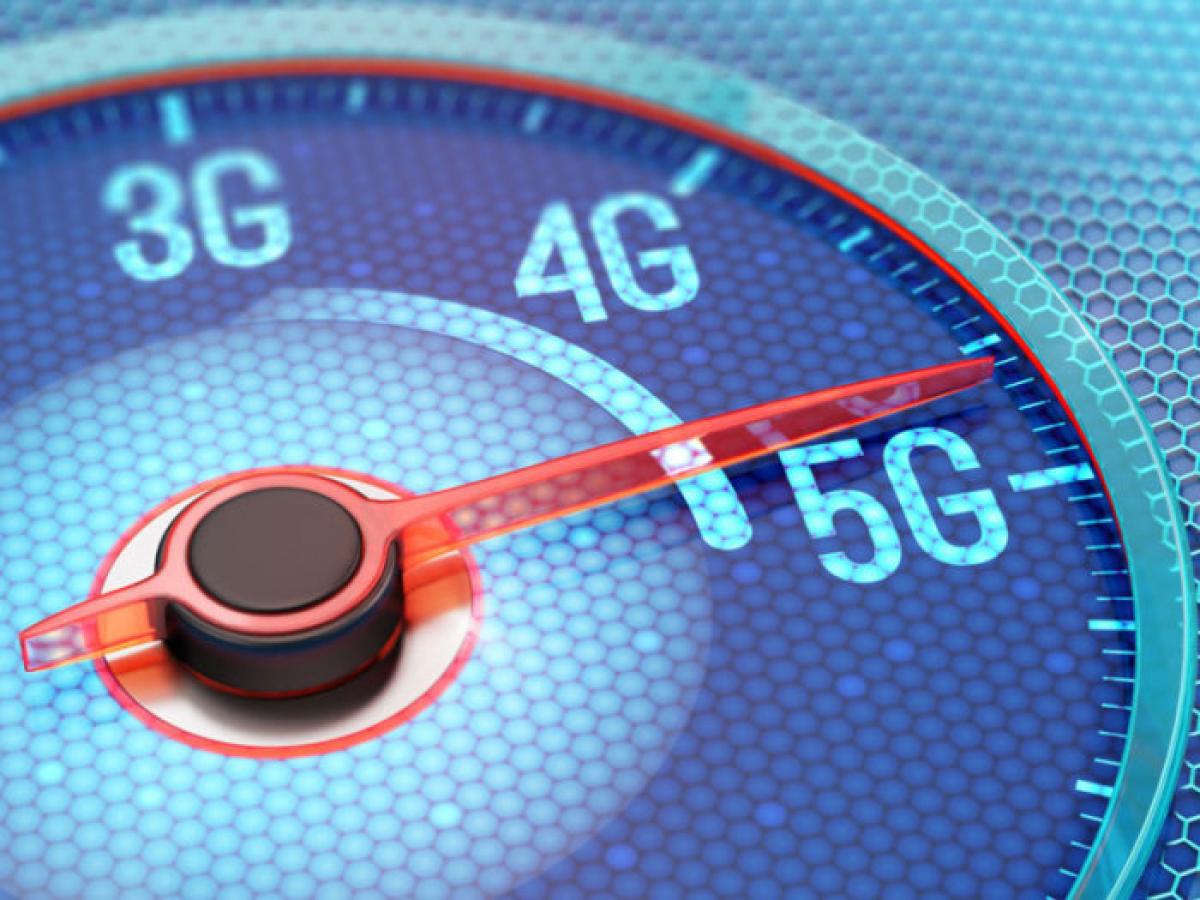A day in the life of a smart city dweller
How a truly connected life could spell the end of traffic jams, potholes and the weekly shop

In many films and TV shows, smart cities are depicted through a somewhat dystopian filter, dubbed the Minority Report effect, in which you are always online, always visible and being bombarded with information. Yet the reality is set to be very different.
Having a truly connected smart city promises a time in which you never get stuck in traffic, you never experience a train delay, you can get GP appointments when you want them, the weekly shop is done automatically and you could save a fortune on energy bills. Here, we take a look into the near-future to show what life in a smart city could look like...
A day in the life of a smart city dweller
The Week
Escape your echo chamber. Get the facts behind the news, plus analysis from multiple perspectives.

Sign up for The Week's Free Newsletters
From our morning news briefing to a weekly Good News Newsletter, get the best of The Week delivered directly to your inbox.
From our morning news briefing to a weekly Good News Newsletter, get the best of The Week delivered directly to your inbox.
You wake to the sound of songbirds and a gentle “sunrise” as you enter a light sleep. Your fitness tracker knows when to rouse you for the day by tracking your heart rate and sends an alert to your smart lights and speaker to bring you around as gently as possible. As you enter the bathroom, your connected mirror greets you and gives you a flash news briefing with a summary of your day’s meetings. It warns you it might rain, but traffic on your usual route is clear – fewer people need to drive into town now because of remote working and more reliable public transport. You brush your teeth with your smart toothbrush, which advises you to see your dentist as you might need a filling, before your smart wardrobe recommends the blue suit.
By the time you get downstairs, your coffee machine has made you the perfect skinny cappuccino and has automatically ordered more coffee beans as the levels are getting low.
As you eat your breakfast, your electric car knows it’s almost time to leave so it de-ices your windscreen and warms your seat. As it runs a diagnostic test, it notices you have a slow puncture. It checks your calendar and schedules in an appointment with your local garage using its online booking system. You don’t need to worry about the car’s battery being low as it was charged to full capacity overnight when energy usage was at its cheapest.
Just as you leave your house, the bin men come to collect your connected bin. The bin sent an alert to your local council to say it was getting full without you having to worry about putting it out on the correct day. You shut the door and ask your voice-controlled smart home system to switch off the heating and set the security alarm.
A free daily email with the biggest news stories of the day – and the best features from TheWeek.com
Driving to the train station, you don’t have to worry about traffic jams caused by roadworks because your local council used 5G-enabled sensors to prioritise maintenance and manage flow. En route, your car hits a pothole and sends an alert to the local authority. You don’t get stuck at traffic lights, either, because the lights now respond and adapt to traffic patterns rather than running on a set system. As the roads are quiet, the lights stay green all the way. This doesn’t give you a huge amount of time to stream the latest episode of your favourite podcast, but at least you’re not using mobile data to do so thanks to Wi-Fi hotspots and 5G antennas lining your route.

Approaching the station, the location of empty spaces in the car park is sent to your phone and lights on the ground guide you to the best spot. Built-in charging plates in each space recharge your vehicle ready for your drive home later.
As you wait for the train to pull into the station, you are shown how many empty seats are in each carriage and each seat has plug sockets to go with the free 5G network on the train meaning you can check your emails before you get to the office, boosting your productivity. Once at the other end, you use your phone to check which walking routes have the cleanest air, monitored by 5G-enabled sensors fitted to lampposts and buildings. Your fitness tracker sends a log of this exercise, as well as how much you slept, to your GP who schedules a digital appointment for later that week.
In the office, the light above your desk and the ambient temperature has been pre-programmed based on the weather forecast, and to your personal preference. You don’t need to worry about forgetting your work pass, either, because facial recognition scans you and gives you automatic access.
At the end of the day, you pop into the supermarket to grab some food for dinner. Using your phone, you “open” your smart fridge at home to view its contents. The fridge app offers suggestions for recipes you can make with the food you already have and advises what else you need to buy. As you take the items off the shelves, their value is automatically added to an online checkout and when you leave the store, your account is charged. The store’s employees are sent a notification that you’ve removed an onion and some peppers and replenish the shelf for the next customer. Because you didn’t have to queue for your shopping, you’re right on time for your train, which leaves bang on schedule. There were some leaves on the line earlier in the day, but smart sensors and AI have ensured they’re cleared and make sure all the trains continue to run on time.

Click to view the above smart cities infographic full size
Before you get to your front door, which also uses facial recognition to let you in, proximity sensors have been alerted to your presence and signal for your smart home to put the kettle on. Your heating is already warming up, you’d put the washing on remotely from the office before you left, and your smart lights come on as you pass through the doorway. As you enter the kitchen, your podcast from the car carries on playing on your smart speaker and you sit down with a cup of tea.
You’ve not had to pay for mobile data all day, you’ve saved energy on your heating bills thanks to the smart grid and your train ticket is cheaper because the more cost-efficient operator has passed down its savings to its customers. You also only had to work five hours to get everything done because your productivity has been boosted by such a frictionless day. As you settle into bed later that night, your smart lights mimic the setting sun and you drift off naturally.
Discover how O2’s technology is helping businesses empower their workforce.
-
 Political cartoons for February 16
Political cartoons for February 16Cartoons Monday’s political cartoons include President's Day, a valentine from the Epstein files, and more
-
 Regent Hong Kong: a tranquil haven with a prime waterfront spot
Regent Hong Kong: a tranquil haven with a prime waterfront spotThe Week Recommends The trendy hotel recently underwent an extensive two-year revamp
-
 The problem with diagnosing profound autism
The problem with diagnosing profound autismThe Explainer Experts are reconsidering the idea of autism as a spectrum, which could impact diagnoses and policy making for the condition
-
 The power of anonymous data
The power of anonymous datafeature The application of anonymous data can be a huge benefit to businesses looking to tailor services more closely to customer behaviour
-
 The guide to workplace security
The guide to workplace securityfeature The dos, the don’ts and everything in between – effective workplace security is the responsibility of every individual in the business
-
 How big data will change our lives
How big data will change our livesfeature Big data can be seen as daunting, but with proper handling it could be the most significant opportunity for people and business this century
-
 Building connectivity: How 5G will change the way we live and work
Building connectivity: How 5G will change the way we live and workfeature The next generation of mobile data is on the horizon and with it, the potential to revolutionise our everyday lives
-
 Empowering people to build a better business
Empowering people to build a better businessfeature How can people and tech work in unison to create a better business?
-
 What's driving the digital work revolution?
What's driving the digital work revolution?feature The world of work is evolving so quickly, but are we underestimating the role of people?
-
 The evolution of people in the workplace
The evolution of people in the workplacefeature People are the most important asset for any business, and they need the right tools and platforms to help them flourish
-
 Why the Government wants a mandatory ‘backdoor’ on encrypted technology
Why the Government wants a mandatory ‘backdoor’ on encrypted technologyIn Depth Five Eyes intelligence alliance says gadget makers could face new legislation if they fail to comply